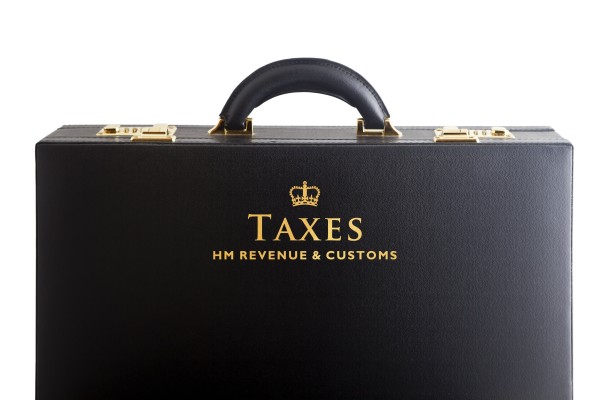In practice, there are many good reasons to advise clients not to accept the offer of the CDF.
- An individual may not have done anything wrong with a deliberate intention to evade tax (‘mens rea’ or guilty mind).
- An admission of tax fraud will immediately condemn an individual to large monetary penalties of a minimum 20 per cent of the tax lost, 35 per cent if they are approached first by HMRC, and quite possibly 45 per cent, if irregularities go back more than three years. Maximum penalties can be as much as 100 per cent of the tax lost or 200 per cent of the tax lost for some omissions of overseas income.
- An admission will expose the past 20 years to tax scrutiny and assessment, rather than only six years if carelessness is in point, or four years if there is an innocent error.
- An individual may have been acting under the advice of a qualified professional (accountant, independent financial adviser, solicitor or barrister).
- Those working in a regulated sector will not want to be ‘named and shamed’ as a tax evader, since this could prevent them from working.
- Professionals admitting to tax fraud (even though you may not be guilty at all) may be under an obligation to report themselves to a professional body, which may render them liable to other punitive sanctions, including being struck off.
- ‘Innocent’ participation in a tax scheme does not equate to tax fraud.
- An individual’s business or company may have been the victim of a fraud, perpetrated by a third party, of which they were unaware.
- Information may have been maliciously disclosed to HMRC by third parties, which is not necessarily reliable or is capable of explanation.
- The costs of defending a CDF is likely to be many times more than simply reviewing precisely what may have happened.
- Admitting deliberate behaviour may mean an individual is included in HMRC’s Managing Deliberate Defaulters programme, with their affairs being monitored for years to come.
- If made public, an individual’s personal and business reputation could be seriously damaged.
Approaching HMRC at this stage for an honest and open exchange of information to give the adviser a ‘clue’ will in most cases yield nothing, with the officer usually asserting that it is for the (non-) taxpayer to make the disclosures being sought.
This is a bit like a game of poker where the officer refuses to show his cards even though he may not hold a strong hand.
Case study
In one case, Mr and Mrs X were contacted by HMRC and offered the opportunity to make a disclosure under the CDF.











